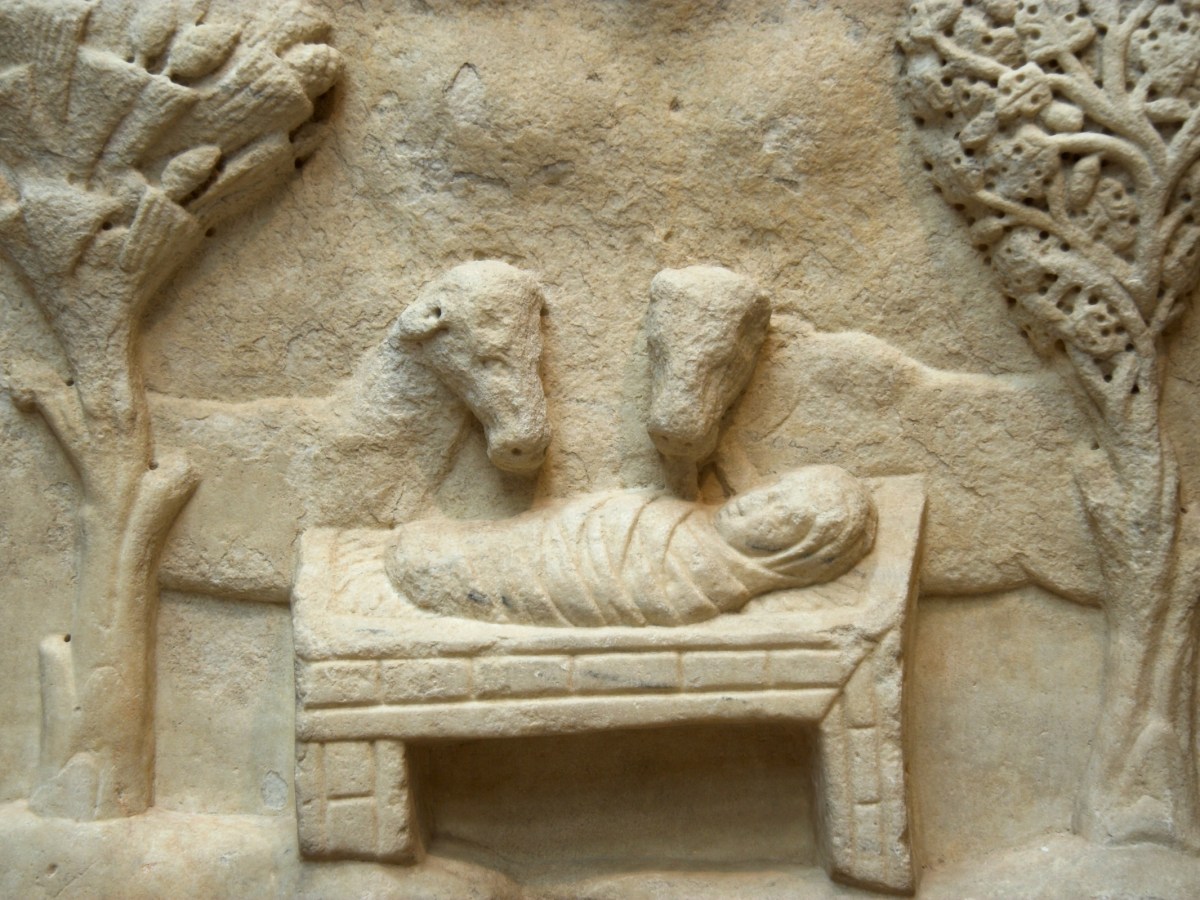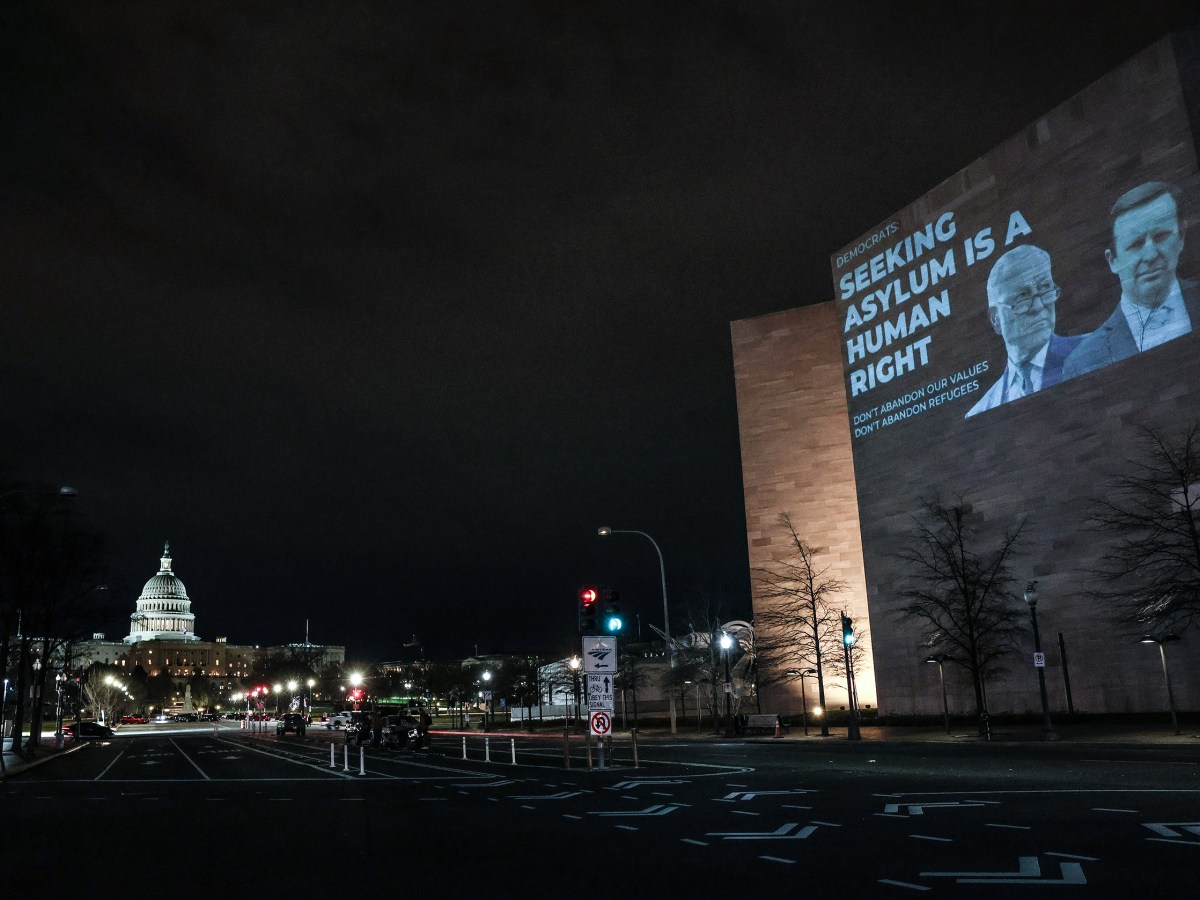Update 12/1/23 1:30pm EST: Two weeks after the publication of this article, Hunter College announced its decision to reschedule the screening, per reporting from the New York Times.
Hunter College in New York City canceled a campus film screening of a new Jewish-led documentary critical of Israel citing concerns of a rise in antisemitism, a decision the filmmakers have decried as “deeply offensive” and an attempt to “silence Jewish voices.”
Israelism (2023), directed by Eric Axelman and Sam Eilertsen, examines a younger generation of American Jews who are questioning their relationship to Israel and what they’ve been taught to believe since birth. The film journeys alongside Simone Zimmerman and Eitan, who have become disillusioned with the Israeli state after witnessing the violence inflicted on the Palestinian territories, and traces the voices and systems that promote Israel uncritically in the United States. The film premiered in February at the Big Sky Documentary Film Festival and has won and been nominated for multiple awards throughout its festival circuit this year.
Hunter College Interim President Ann Kirschner issued a statement on the day Israelism was slated for screening, November 14, noting that the college “seek[s] to balance our commitment to free speech and academic freedom with the danger of antisemitic and divisive rhetoric.” Axelman and Eilertsen told Hyperallergic that they “heard nothing from Hunter college’s president or Hunter college about potentially canceling the event until we saw her public statement.”
“As a team of primarily Israeli and American Jews, it is absurd, and staggering to be called antisemitic,” Axelman and Eilertsen told Hyperallergic. “Roughly 9 out of 10 members of our production team are Jewish, and multiple members have served in the Israeli military. Our families almost universally fled violent antisemitism in Europe, and we have faced antisemitism in our lives.”
“So for our film — which discusses the deadly rise in antisemitism extensively — to be associated with antisemitism by the president of a public university who admitted she had not seen the film, was truly wild,” the filmmakers continued. “Antisemitism is very, very real, but throwing around the term so nonchalantly at Jewish filmmakers who are critical of Israel shows you how much work we have to do when it comes to defining what antisemitism really is.”
Israelism is currently screened at several colleges and universities in the US and Canada, with virtual screenings available in the United Kingdom. The film screening at Hunter College was organized by the school’s Department of Film and Media Studies and co-sponsored by the Arabic Studies program. Hunter’s Senate, the school’s governing body comprised of 202 elected faculty, student, and school administration members, has denounced the decision and passed a resolution that the school move forward with a screening of the film.
Though it was directed and produced by an almost entirely Jewish team, the film has been lambasted by some critics as antisemitic for its critical lens on Israel — especially with regard to the Israeli military and government’s treatment of Palestinians. Executive producer David Chalfen told the New York Times that film screenings had been suspended for 10 days following the October 7 attack by Hamas, and that some campus venues have requested postponements or outright cancellations since then.
Hunter College in particular had been targeted by an aggressive email campaign orchestrated on Facebook on the days leading up to the screening. Facebook users spammed administration with emails stating that the film is “antisemitic and full of hate,” that showing it “is akin to spreading Nazi propaganda films such as Die Rothschilds or Jued Suss or Der ewige Jude,” and that it could “ignite already volatile situation on our campuses, and might lead to real spilling of blood,” among other variations with similar complaints.
In her statement explaining the decision to cancel the screening, President Kirschner also cites “swastikas … drawn on posters surrounding our buildings.”
Hunter College’s Senate condemned Kirschner’s decision as an “egregious and illegitimate violation of academic freedom.” A portion of the Senate’s resolution reads: “This action taken by Acting President Ann Kirschner of Hunter College is unacceptable. We call on the Administration to provide space for the film to be shown in November 2023.”
Senate chair and Hunter professor Sarah Chinn informed Hyperallergic that the call for a physical space for the screening was an amendment to the original resolution. Hunter College’s administration has not yet responded to Hyperallergic’s request for comment.












